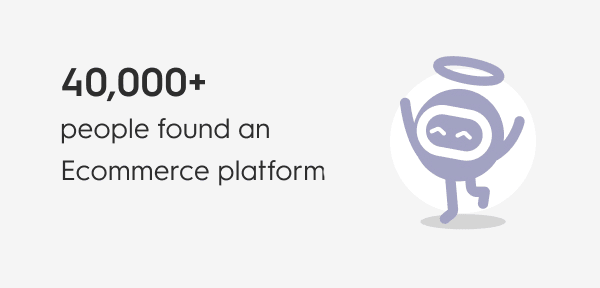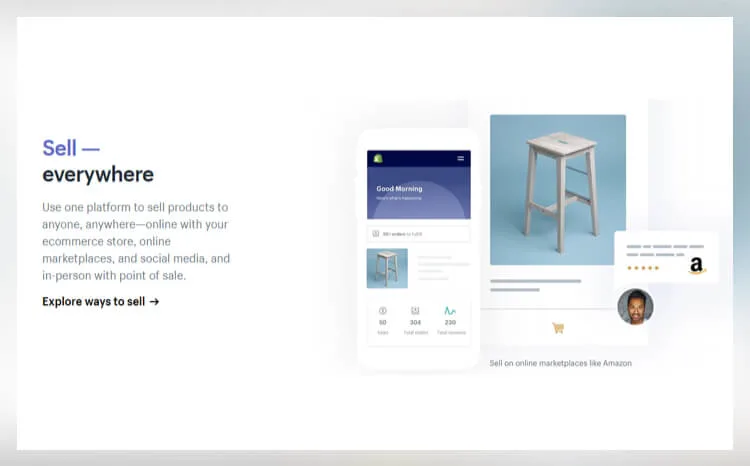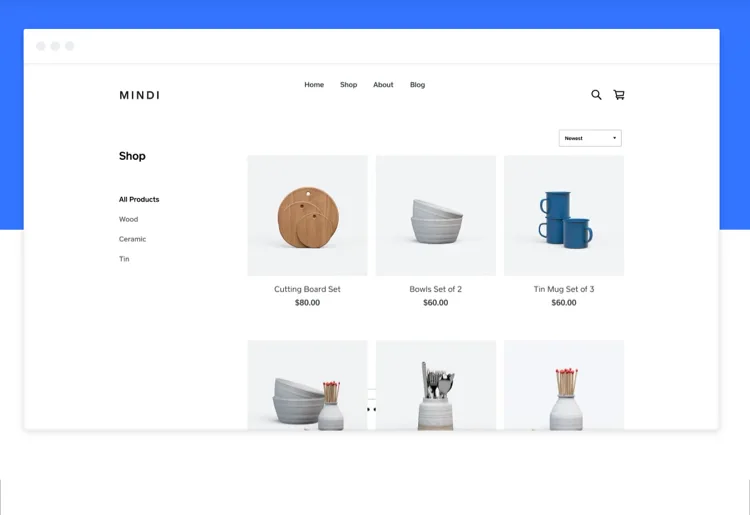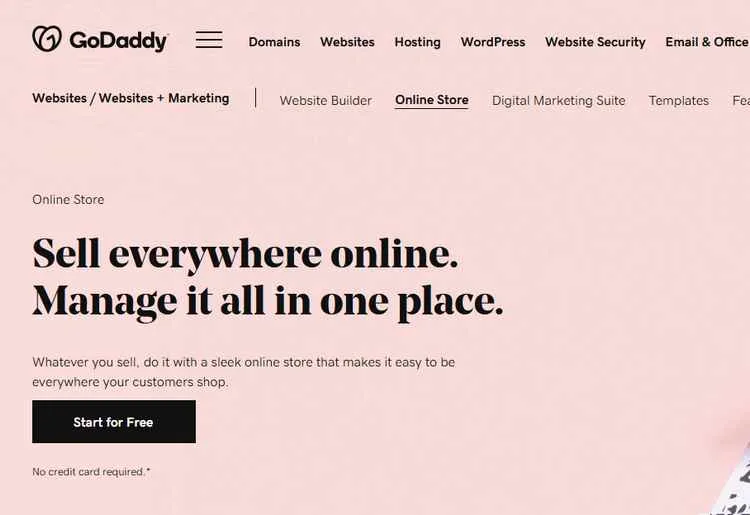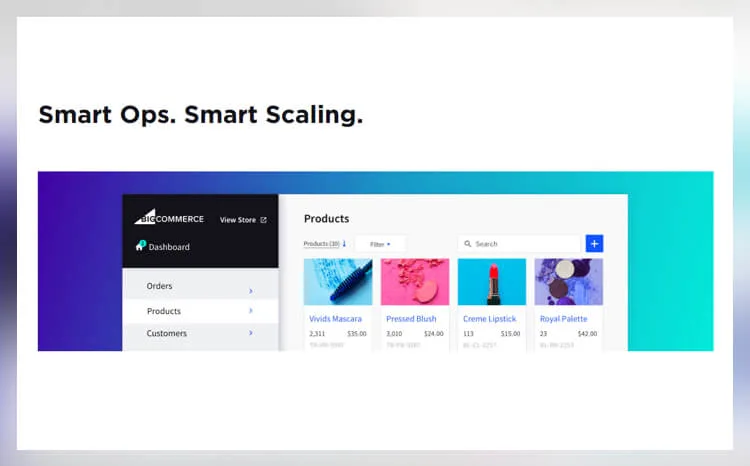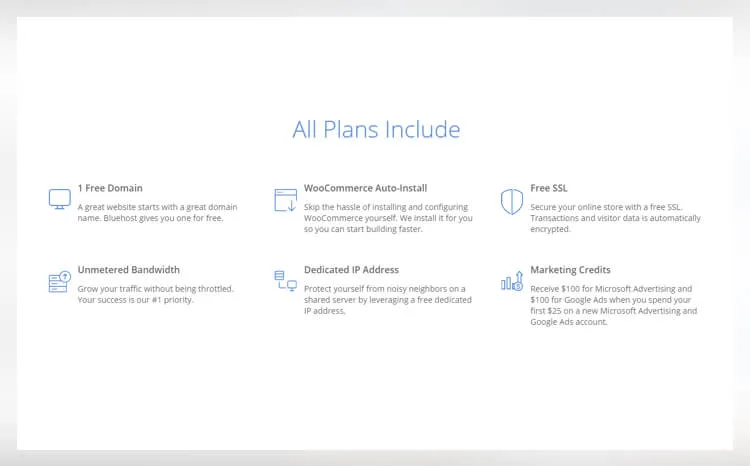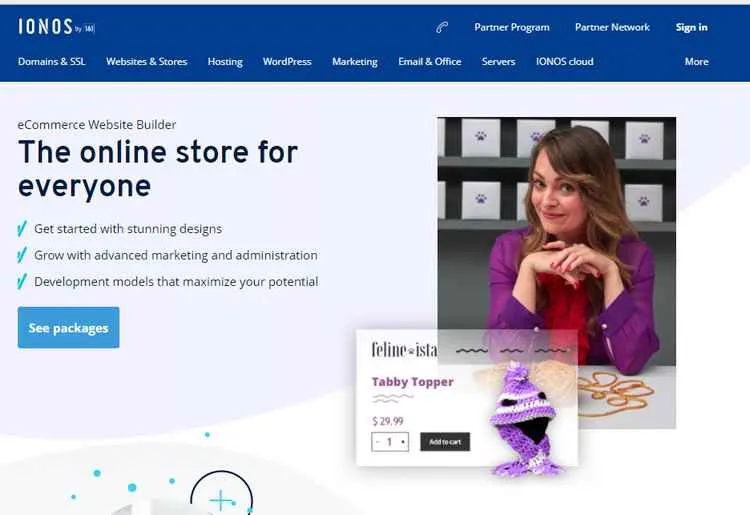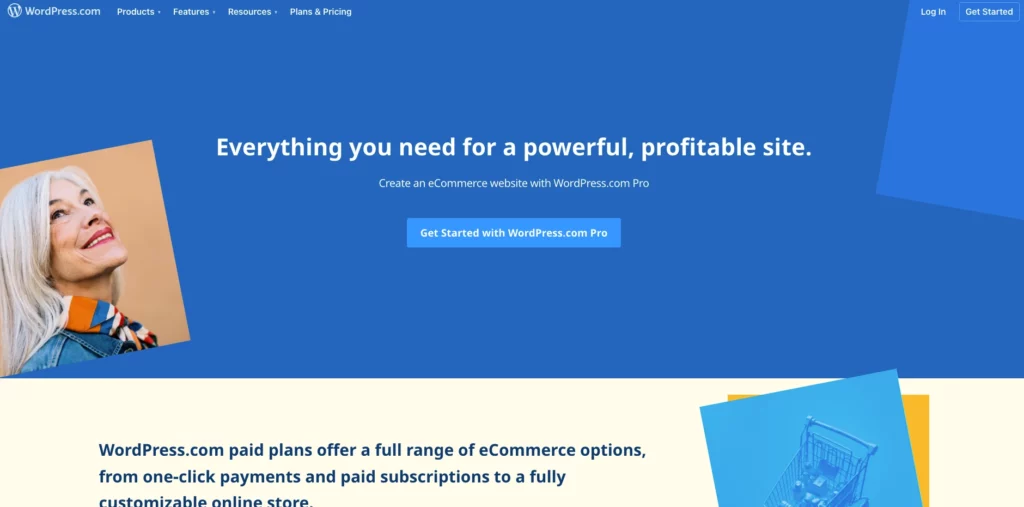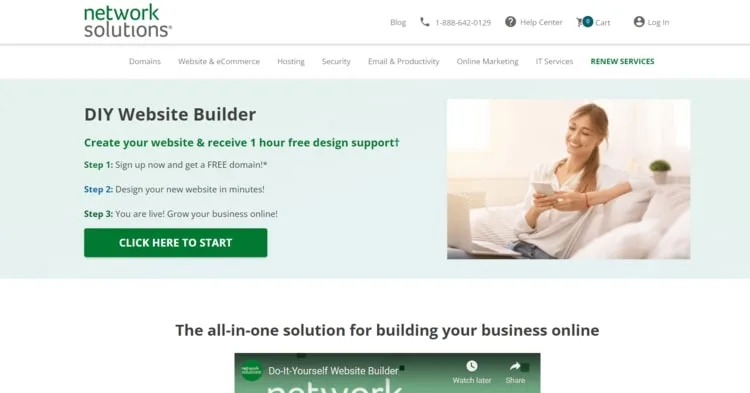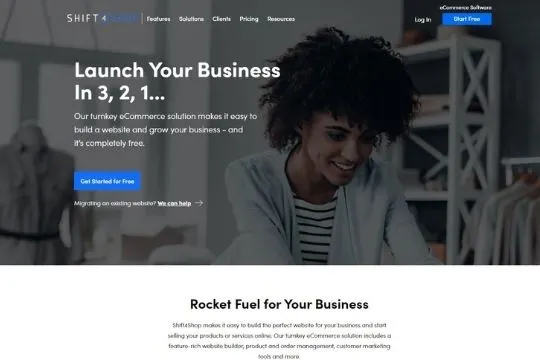You have flexibility in how to fit your website into your budget once you have a plan that makes sense for your business. Most providers offer a range of choices, and you can adjust your plan as your needs change or your online efforts become more successful.
Fees for Ecommerce platforms can start from less than $10 per month, and some services offer a free trial period, allowing you to test whether or not a website makes sense for you. Your website can be a true extension of your business, and you can find affordable solutions that cost less than an additional hire.
Without having a website, you risk missing opportunities for additional sales and growth. Those missed opportunities cost you much more than the time and money you might spend on maintaining your online business. You may have taken a big risk when you started your business, and if you believe in what your business has to offer, you should have no trouble taking a small risk by putting it online.
So how do you know which is the right Ecommerce site builder for you? Comparing features that are important to you will help reveal the best solution for your specific situation. Here are a few non-negotiable features that every business should look for while on their search:
Templates
First impressions are important. So you want your online store to make a good one. That’s only going to happen with a fresh, crisp, clean, and responsive website design. Look for a website builder with attractive and industry-relevant templates to use. And unless you want your site looking like every other online store, you need a unique look. That either means having a lot of templates to choose from or having an excellent editor tool that will allow you to customize the design to perfection.
Mobile-responsive
More and more consumers are shifting toward mobile purchases and research. That means your online store needs to be mobile-responsive. A poor mobile experience will spell disaster for a website, so don’t make that mistake.
Payment gateways/solutions
Processing payments is another area your store needs to have down pat. Because if a customer runs into a hiccup while trying to checkout, most likely, they’ll just leave your store altogether and shop somewhere else. Look for an online store builder that has multiple payment processing options, offers free or affordable transaction fees, and makes it easy for your customers to check out.
Third-party integrations
No website builder has it all, but the smart ones allow you to integrate with external apps, so they don’t have to. Accessing other applications within your website expands your functionality, providing more power and flexibility in every area of your business.
Multichannel selling
This is debatable, but we think it’s important. The ability to sell across channels automatically increases your sales potential exponentially without having to do any additional work. Some Ecommerce platforms are confident enough that their site will bring in enough revenue for you (think Amazon) without the complications of multichannel selling, but most sellers prefer to have the choice.
Additional features that will make for a more attractive package include things like inventory management, customer management system, and SEO capabilities.
In terms of functionality, decide what your business’ needs are, how much product-selling you intend to do (and can handle), and what your budget is to determine which Ecommerce platform is right for you. For example, Volusion is a good option if you’re looking for cheaper processing rates, but WooCommerce is hands down the best choice if you are working with WordPress. Square is great for really small businesses, while Shopify is just a great all-around product. Figure out your needs and choose accordingly.
Shopping cart features
There are hundreds of Ecommerce applications on the market today. All of these applications will have most of the same basic features, such as the ability to list an item with photo and description, the ability for a consumer to purchase the item and provide payment. Beyond the basics, applications vary widely in their ease-of-use and features offered. Make a list of the features you want before starting your search.
Building an online store is more than just providing a product or service to customers online. Ecommerce websites need top of the line security systems, as cybercrimes like identity theft and stolen personal data have become the most reported consumer crimes in the US in the last decade.
Using an Ecommerce builder with a good reputation is a great start. All Ecommerce vendors are required to keep to guidelines set out by the PCI Security Standards Council. Never use an Ecommerce builder who is not PCI compliant.
Maintaining your own high-level security systems is integral to keeping your customers safe, and at the end of the day, any breach is going to result in an investigation into your practices.





